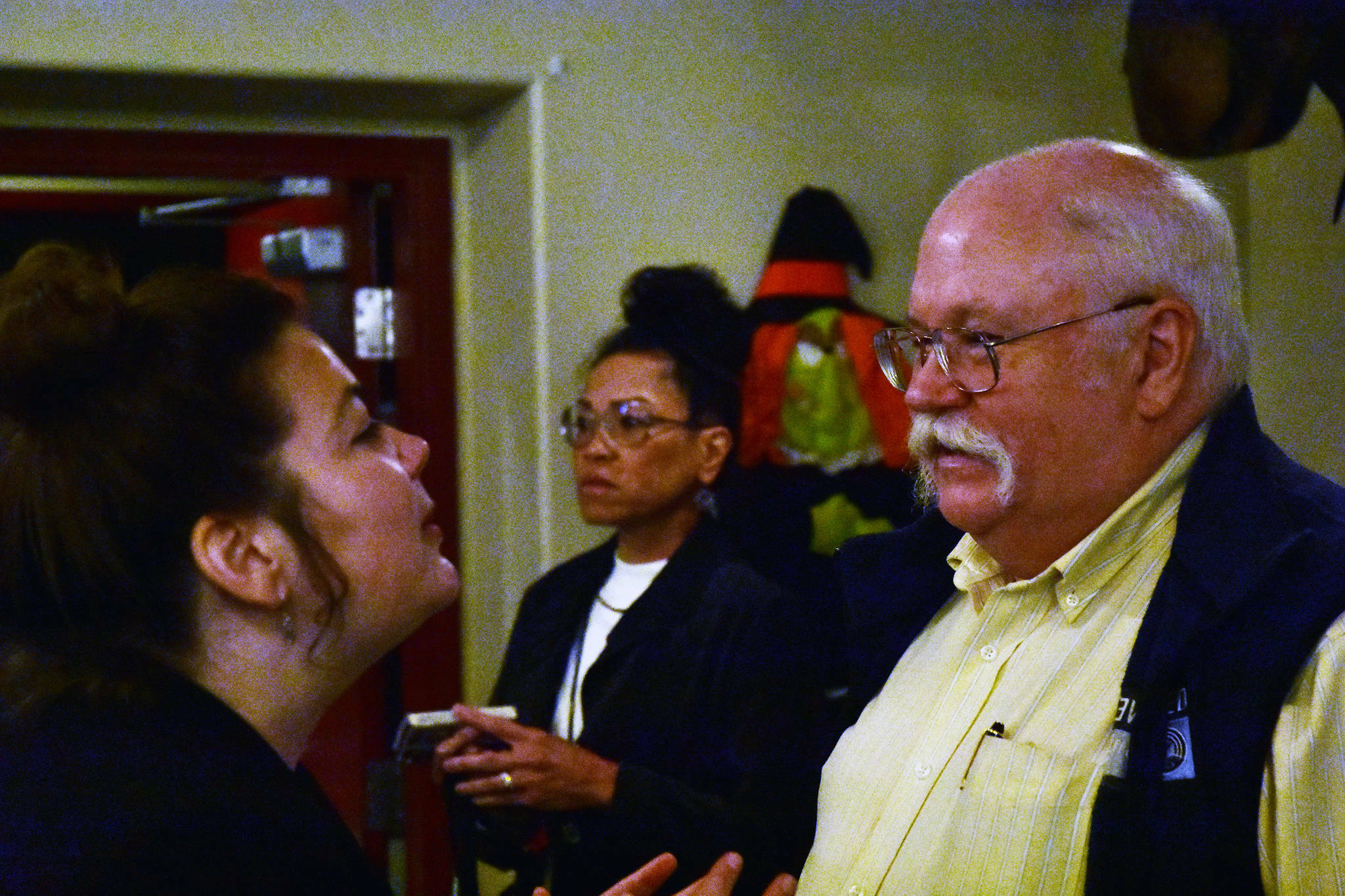After a career in nonprofits, including the last 12 years as president and CEO of United Way Southeast Alaska, Wayne Stevens has left the building.
Well, not completely, since he’s promised to stay involved and has already been back several times. His official last day was the end of September, but he finished up a few weeks earlier.
He planned to retire sooner. “I gave them three years’ notice four years ago,” he joked.
Stevens first came to Alaska in 1971 and after a year landed with Wien Air Alaska. He was with the carrier for nearly 12 years when it shut down due to market forces. He landed at the Kodiak Chamber of Commerce, where he stayed for the next 19 years. He moved to Juneau in 2004 to work for the Alaska State Chamber of Commerce, now the Alaska Chamber of Commerce, until the end of 2010.
Stevens took on the saying, “convenes, connects, collaborates” at United Way as a summary of how to find solutions. Often the key was getting the right people at the same table at the same time.
A favorite example was a story from early in his tenure when the Southeast Alaska Food Bank and United Way of Southeast Alaska met to discuss food access in Juneau. The group met monthly to analyze how things were working and teamed together to improve the system, to great effect.
Other examples of programs under his eye include the School Universal Breakfast Program; The Weekend Backpack Food Program, which makes over 500 bags of food available for students every weekend; and Management of the AmeriCorps Grant for Juneau, which it has been hosting since 2017. The AmeriCorps program is a sub-grantee of Serve Alaska and serves the community of Juneau.
Stevens’ leadership shone through during COVID-19, said Loren Jones, chair of United Way Southeast.
“The atmosphere of giving changed,” said Jones. The pandemic had a huge impact. “It’s been a difficult time for United Way and other nonprofits,”
“Wayne has done a marvelous job in operations and in being a very productive force in Southeast.”
Stevens’ “jovial” personality helped him succeed in the post, Jones said, adding that “he works well with other people.”
Stevens’ commitment is evidenced in his continuing to make himself available to United Way Southeast, Jones added. “We’re still trying to learn the things that he has tried to impart, so every once in a while he has to come in to tutor us.”
What is next for Stevens? “I’m going to Hawaii for two weeks and I finished my first major woodworking project in 10 years.” He also plans to dramatically increase the amount he skis this year compared to last.
• Contact Meredith Jordan at meredith.jordan@juneauempire.com or (907) 615-3190.

